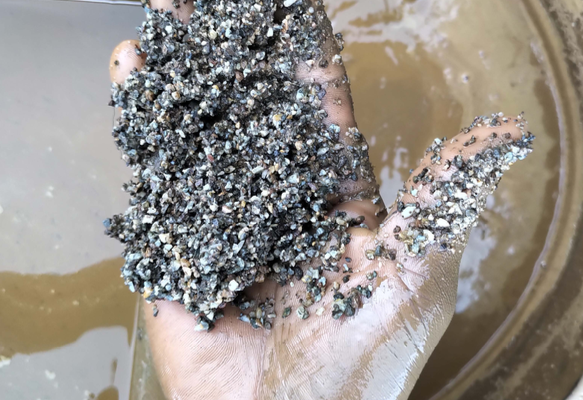Together with Project on Resources and Governance (PRG) at UCLA, Sub-Saharan Field Research (SFR), and Ulula, IPIS carried out a study to evaluate the impacts of due diligence programs on artisanal mining communities in the eastern Democratic Republic of Congo.
Over the last decade, efforts to eliminate so-called “conflict minerals” have focused on denying access to world markets and global supply chains, aiming to break the link between illicit mining and trade of minerals and the financing of armed actors.
This strategy is reflected in regulatory efforts, such as the US Dodd-Frank Act and the more recent EU Regulation on Conflict Minerals. These policies require companies sourcing minerals from conflict-affected areas, like eastern Democratic Republic of Congo, to implement due diligence programs (DDP) – protocols for monitoring production and processing to verify that suppliers respect human rights and do not contribute to conflict, – consistent with the OECD Due Diligence guidelines. However, a decade later, there is not much evidence about whether DDP impacts economic and security conditions.
To help fill this gap, IPIS and its research partners conducted a comparative study using methodological approaches allowing to draw statistically meaningful conclusions.
In order to better isolate the effects of DDP we opted to apply a matching strategy, enabling to include mining areas in our sample that are similar except for the presence of DDP. Combining statistical matching with new data from over one hundred 3T (tin, tantalum, and tungsten) mines and one thousand households in the provinces of South Kivu and Maniema, our international research team reports revealing findings on the impacts of due diligence programs in eastern DRC.
We detected meaningful progress toward several goals in areas covered by DDP; yet, we also found that DDP does not eliminate all of the harms associated with 3T mining in the eastern DRC. We uncovered reasons to applaud DDP efforts, but also room for improvement, particularly with respect to labor practices and miners’ livelihoods.
- Dates: 2020
- Location(s): eastern DRC
- Research Programme(s): Business & Human Rights, Natural Resources
- Partner(s): PNRG, SFR
- Activities: Field research
- Deliverable(s): Report
Project Coordinator



